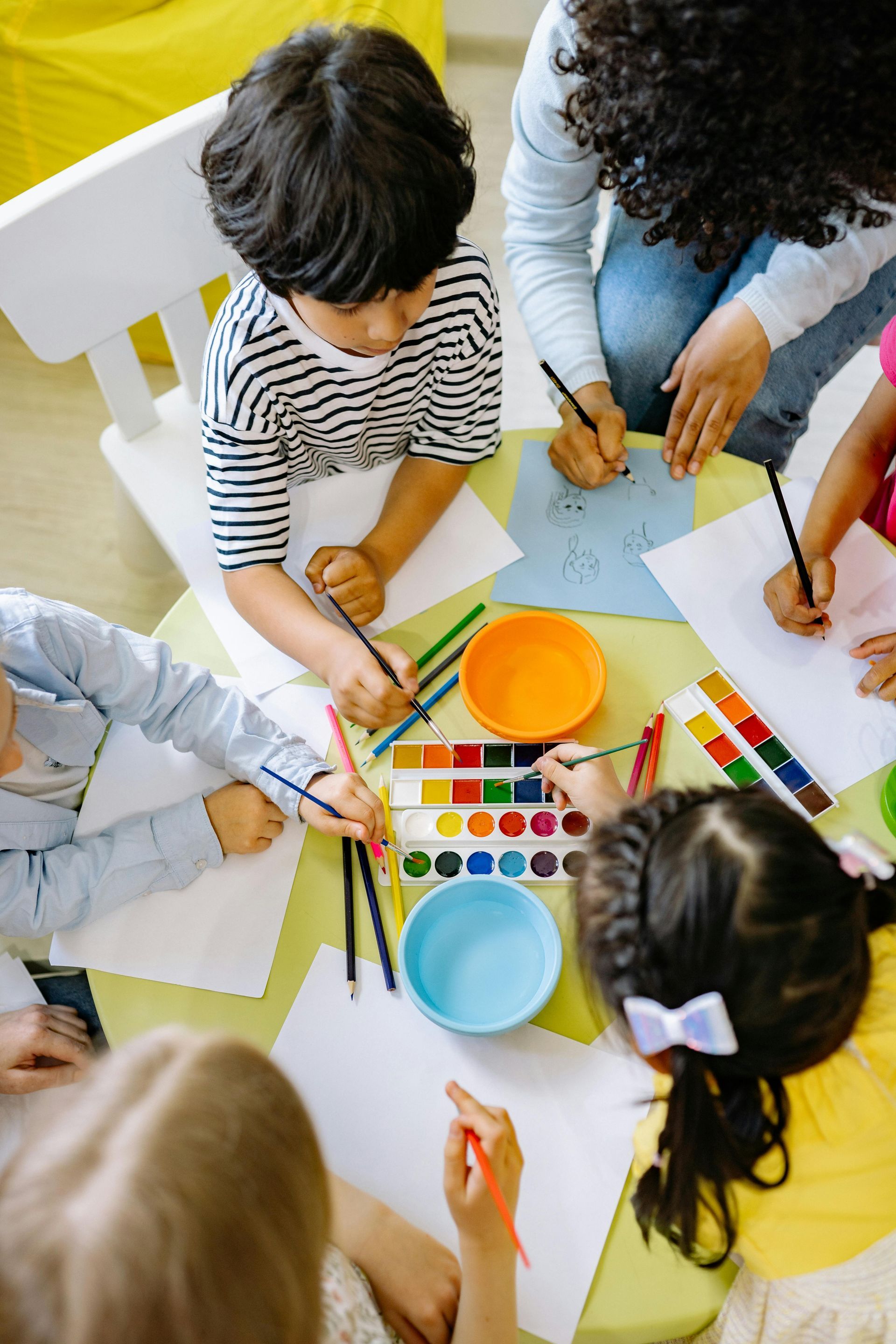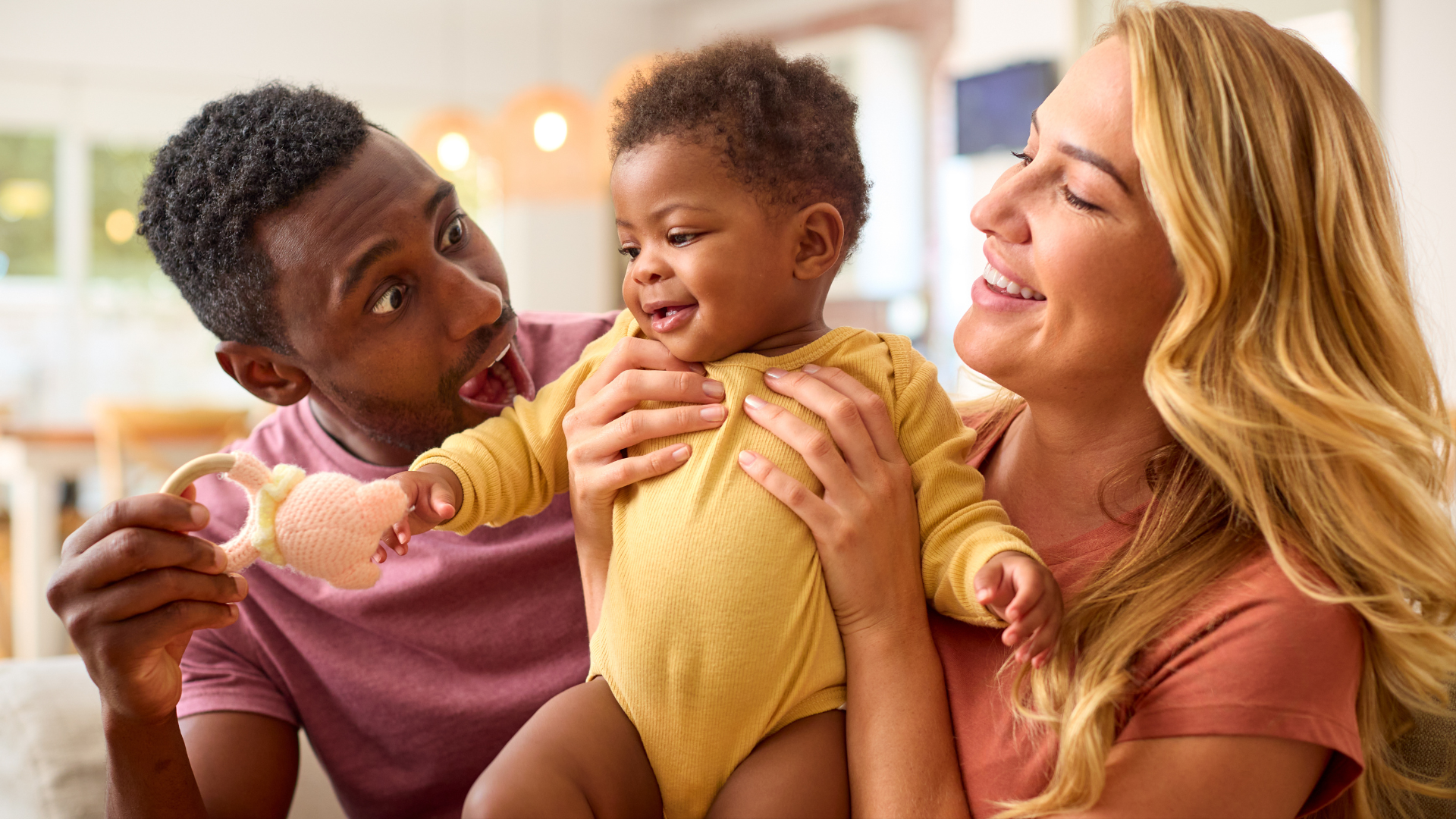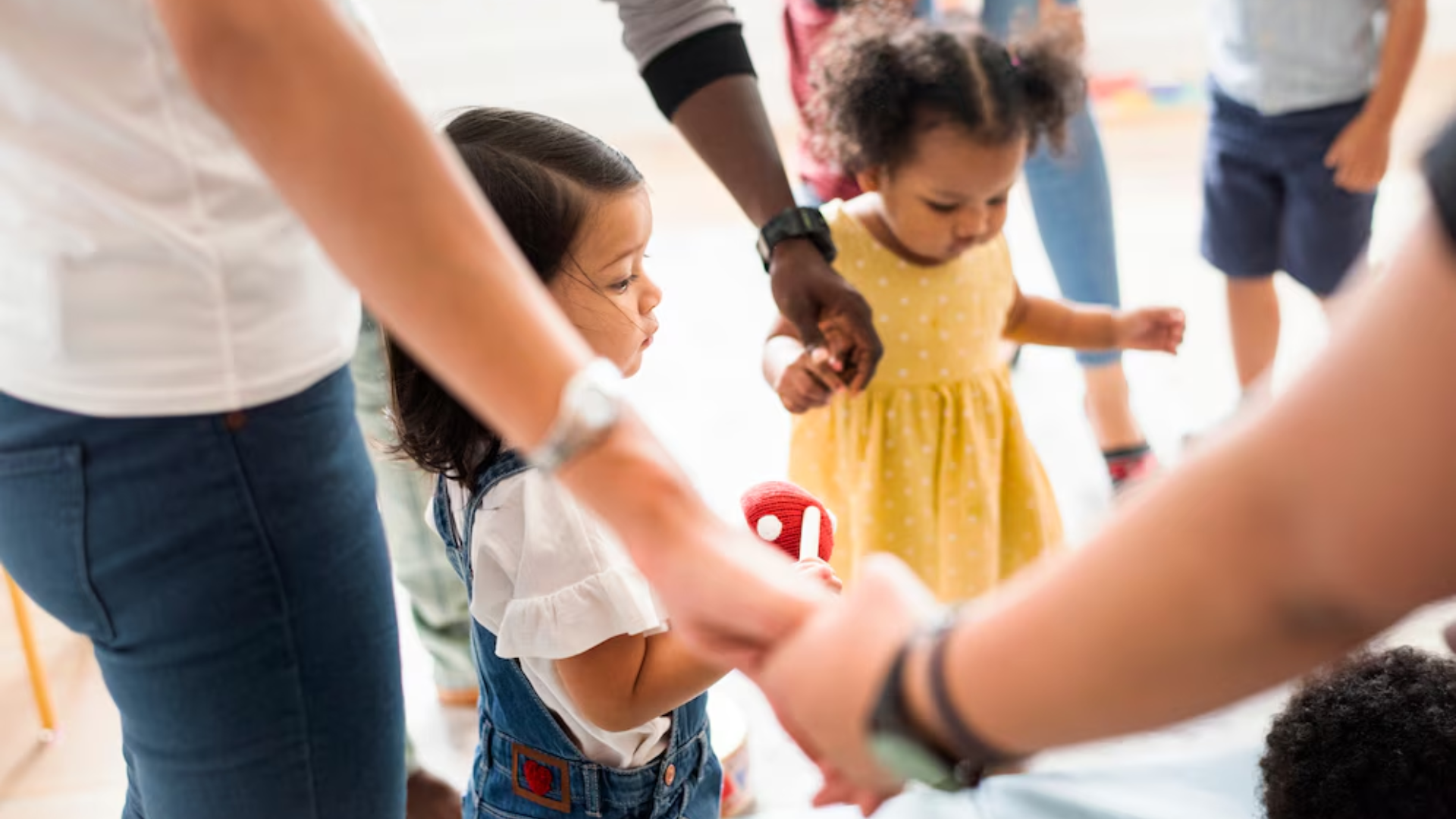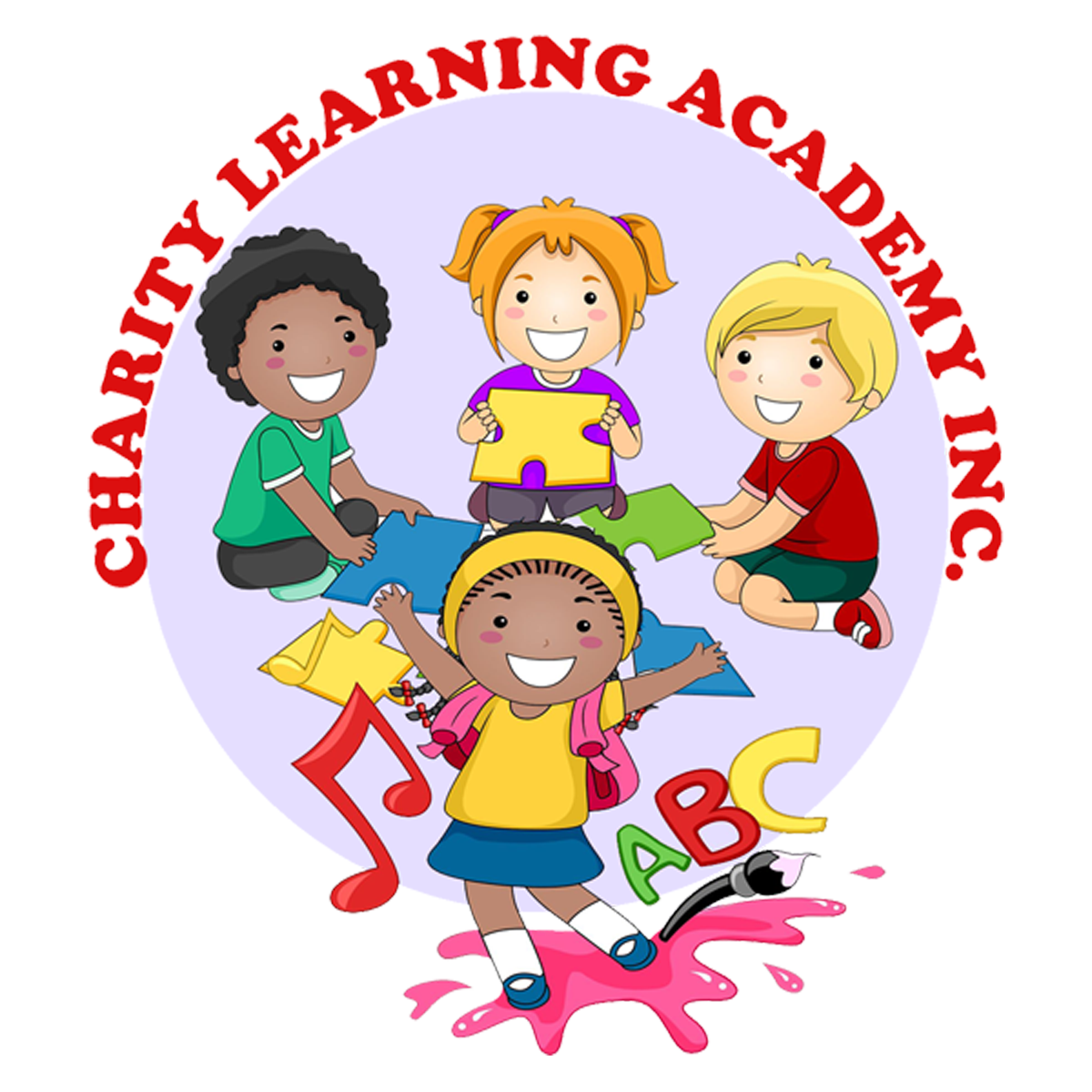How Enriching Activities Benefit Preschoolers Beyond the Classroom

Preschool is a magical time in a child’s development, full of discovery, growth, and rapid learning. While structured classroom lessons help build foundational skills, children also benefit tremendously from enriching activities that extend learning in fun and meaningful ways. These experiences spark curiosity, deepen understanding, and build essential life skills that reach far beyond the classroom walls.
From music and art to gardening, cooking, nature walks, and dramatic play, enrichment activities are much more than just extra fun. They nurture the whole child socially, emotionally, physically, and cognitively. They provide unique opportunities for self-expression, hands-on exploration, and relationship-building. Best of all, children often don’t even realize they are learning because they are so engaged and joyful in the process.
In this article, we’ll explore what enriching activities are, why they matter in early childhood, and how they help preschoolers thrive now and in the years to come.
What Are Enriching Activities?
Enriching activities are experiences that go beyond traditional academic instruction and encourage learning through creativity, exploration, and play. They can include a wide variety of hands-on, movement-based, or arts-integrated programs that stimulate different areas of development.
Common types of enrichment activities for preschoolers include:
- Music and movement
- Arts and crafts
- Cooking and baking
- Gardening
- Nature exploration
- Dramatic and pretend play
- Storytelling and puppet shows
- Yoga or mindfulness
- Simple science experiments
- Building and construction play
These activities are not just “extras” — they are essential elements of a high-quality early learning experience that supports well-rounded development.
1. Fostering Creativity and Imagination
Children are naturally creative. They see the world with fresh eyes and love to explore it in new and imaginative ways. Enrichment activities provide the perfect outlet for this creativity. Whether they are painting with bright colors, dancing to music, or pretending to be animals in the jungle, children are developing their creative thinking skills every time they engage in expressive play.
Creative enrichment builds:
- Confidence in self-expression
- Problem-solving and divergent thinking
- Joy in experimentation
- The ability to see multiple perspectives
These skills not only help in artistic endeavors, but also support innovation and flexibility later in life.
2. Enhancing Fine and Gross Motor Skills
Activities like painting, cutting, molding clay, or lacing beads help preschoolers strengthen their fine motor muscles — the small muscles in the hands and fingers that are essential for writing, drawing, and other classroom tasks.
At the same time, gross motor skills get a boost during movement-based enrichment such as dance, yoga, obstacle courses, or outdoor play. These activities improve coordination, balance, strength, and body awareness, all of which are vital for a child’s physical health and independence.
By participating in these engaging tasks, children build the physical confidence needed to handle increasingly complex challenges as they grow.
3. Supporting Emotional Development
Young children often feel big emotions, and they are still learning how to express and manage them. Enriching activities offer a healthy and safe way to process emotions through art, storytelling, music, and movement.
For example:
- Painting or drawing can help a child express feelings they cannot yet verbalize
- Music and rhythm can soothe or energize, helping children regulate mood
- Dramatic play allows children to act out real-life situations, giving them tools for empathy and understanding
Enrichment activities also offer plenty of moments for success and achievement, which builds confidence and a positive sense of self.
4. Boosting Language and Communication Skills
Many enrichment activities involve storytelling, following directions, asking questions, or working with peers — all of which contribute to stronger language and communication development.
For example:
- Storytelling and puppet shows enrich vocabulary and listening comprehension
- Cooking projects introduce new descriptive words and sequencing skills
- Group activities encourage conversation and collaboration
Children also develop stronger receptive language skills (understanding others) and expressive language skills (speaking clearly and confidently), which are essential for both academic success and healthy relationships.
5. Building Social Skills and Teamwork
In an enriched learning environment, preschoolers regularly work and play together in small groups or pairs. These shared experiences help children learn how to cooperate, share materials, solve problems, and respect the ideas of others.
Whether building a structure together from blocks, creating a mural as a team, or playing roles in a dramatic play scenario, children learn important social skills such as:
- Turn-taking and patience
- Negotiation and compromise
- Leadership and participation
- Respect for different viewpoints
These are the same skills they will need later in school, in friendships, and eventually in the workplace. Learning them early in life gives children a head start in building strong social foundations.
6. Encouraging Curiosity and a Love of Learning
When children are invited to explore the world in interactive, hands-on ways, they begin to associate learning with joy and discovery. Enrichment activities tap into a child’s natural curiosity, inviting them to ask questions, investigate ideas, and find their own answers.
This sense of wonder is one of the most important gifts we can give a preschooler. A child who loves learning is more likely to stay engaged and motivated throughout their educational journey.
Preschoolers who engage regularly in enriching activities are more likely to:
- Feel confident in taking intellectual risks
- Show persistence and attention in tasks
- Develop critical thinking and inquiry skills
- See learning as a fun, rewarding part of life
7. Creating Memorable, Meaningful Experiences
One of the most beautiful things about enriching activities is how memorable they are. Children might forget the name of a letter or number, but they are unlikely to forget the day they planted seeds in a garden, baked muffins with their teacher, or built a castle out of cardboard with friends.
These moments become stories they tell at home, memories they treasure, and experiences that shape their understanding of the world.
These shared experiences also strengthen the bond between teachers and children, helping children feel more connected and supported in their learning environment.
8. Supporting Cultural Awareness and Diversity
When enrichment activities include books, music, foods, and stories from different cultures, children gain a broader understanding of the world and the people in it. Preschoolers are naturally open and curious, and these early exposures help them develop respect for others and a sense of belonging in a diverse society.
Activities such as:
- Learning songs from different countries
- Trying simple international recipes
- Celebrating various cultural holidays
- Reading stories about children from other backgrounds
…build appreciation for differences while highlighting the things we all share. These lessons can lead to more inclusive, compassionate children who grow into thoughtful, empathetic adults.
Providing a loving, secure environment not only supports infant development as explored in why a loving environment is crucial for infant learning but also lays the foundation for meeting what your toddler needs for a successful start in preschool, ensuring a smooth and confident transition into early education.
Conclusion
Preschool is about much more than letters and numbers. It is a time when children’s brains, bodies, and hearts are growing rapidly and they need a wide range of experiences to support that development. Enriching activities play a critical role in helping children thrive beyond the classroom.
By engaging in music, art, movement, storytelling, nature, and play-based exploration, preschoolers build creativity, confidence, motor skills, emotional intelligence, social understanding, and a lasting love for learning. These benefits extend far into their school years and well beyond, setting the stage for a well-rounded, joyful, and successful future.
At Charity Learning Academy, we believe that every child deserves a learning environment filled with wonder, enrichment, and meaningful experiences. We invite you to discover how our enrichment-focused programs can inspire your child to shine both inside and outside the classroom.










